It is curious that one of the most widely discussed athletes, one whose actions speak louder than all others, is himself a comparatively silent individual. Colin Kaepernick—the former NFL player who began the protests in the NFL so widely discussed in media and politics—has not addressed the public directly in a long time. His name is echoed everywhere. His identity and the political sentiments he represents are reflected across the country and across social borders, no longer just influencing fellow NFL players and fans, but also protest groups across the country.
When Donald Trump spoke in Alabama and referred to protesters as “sons of bitches” whom owners should force off the football field, he implicitly referenced the fact that Kaepernick no longer dons an NFL uniform only because of the very fact that he protested. Yet his name seems to have a Voldemort-type quality to Trump, in that he was not mentioned by name in that speech; Kaepernick himself has remained silent in response.
One might think of this as a kind of stasis, but this is far from the actual case. Colin Kaepernick, in his fight for change in culture and social awareness, has won and continues to win. It was Kaepernick’s initial prerogative to promote social awareness of police and legal discrimination of black people and other minority groups in the United States, and as much as Trump and those in mainstream media might try to make it seem like something different, it was always supposed to be about that. And in that sense, Kaepernick’s actions have spoken far louder than words ever could, and he isn’t done yet.
The collusion case that Kaepernick has brought against the NFL is a classic story of David and Goliath, in which an individual who at first sight appears to be out of his league begins a seemingly impossible fight. While there is a dollar amount associated with the suit, the collusion case functions as far more symbolic gesture than financial incentive.
If Kaepernick wins his collusion case, he will have effectively proven that NFL owners have chosen to distance themselves from him in order to cease his capacity to protest and incite the protests of other players on the field. This outcome would immediately render NFL owners complicit with anti-protest groups that also wished to silence and marginalize voices within the country.
If it is found that NFL owners have corroborated with Trump to unofficially blacklist Colin Kaepernick from the league in order to put pressure on players who could potentially protest, then in the player’s mind, the league and the NFL owners effectively do not have the players’ best civil interests in mind. These teams are employers, and like any professional situation, a player wants to know that their boss has their back.
With lowering ratings and an increase in polarization of viewership, the NFL brand cannot afford to be associated with hate groups or a presidential administration consistently feeding off racial disparity.
It doesn’t take much to find the image of institutional racism in the NFL, a league in which mostly white owners make billions of dollars off mostly black players who are not properly represented or taken care of. The NFL owners cannot afford to be associated with hate groups for this reason, for this would brand the NFL as a racist institution.
When NFL ownership and Commissioner Roger Goodell met earlier this month to discuss the possibility of instituting a rule forbidding national anthem protests on the field, they too came to the conclusion that any such rule would not lead to greater profit.
This type of rule would immediately be met with public ridicule that could encourage people to stop attending games, and perhaps even more devastatingly, could create further ideological disparity between players and owners.
This would lead to dangerous writing on the wall for owners: the threat of a player strike. Kaepernick’s silence, coupled with his decision to seek a collusion case against the NFL, has made it so racism can never be profitable.

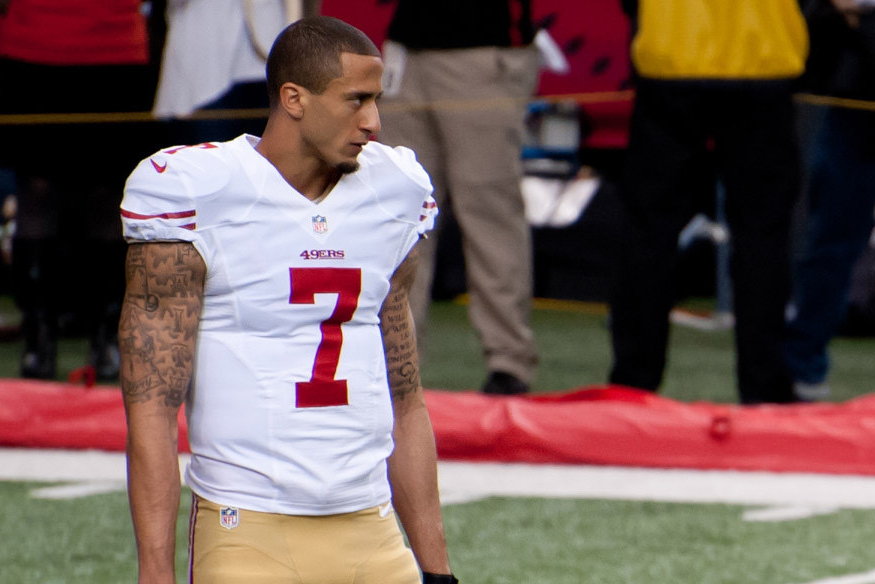
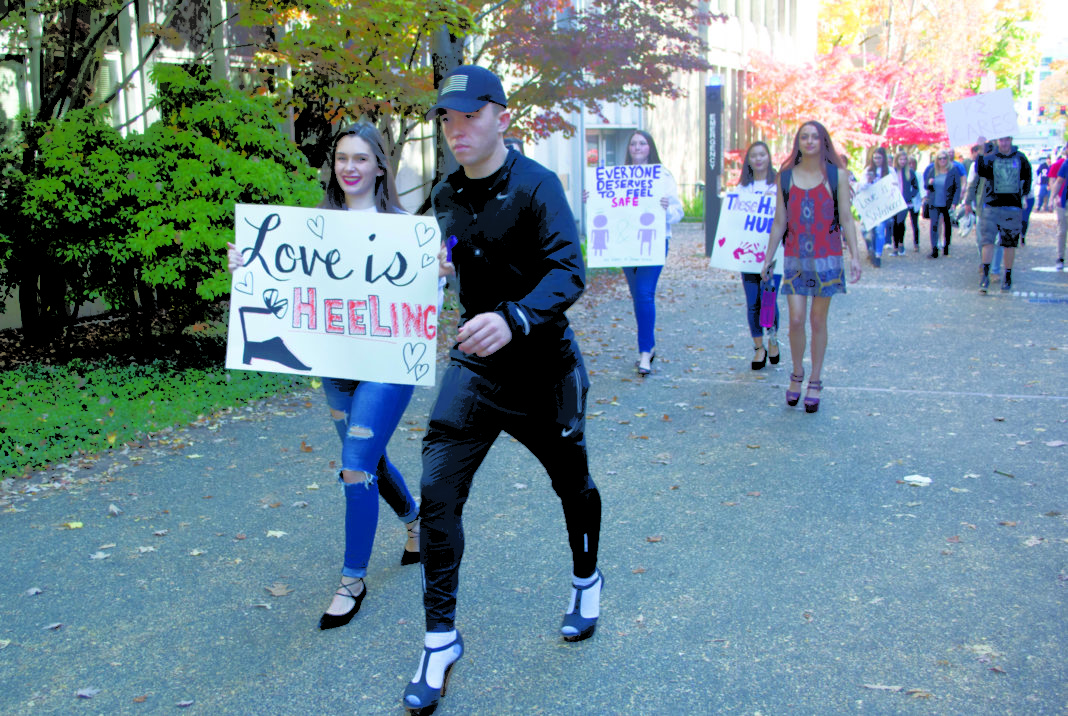
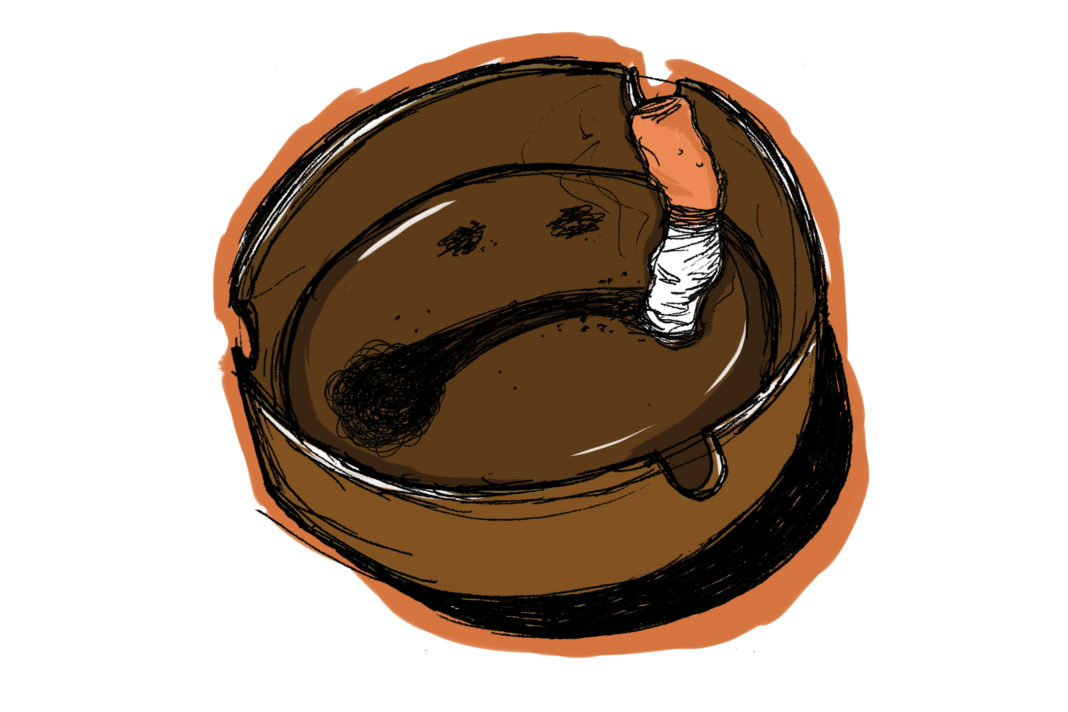
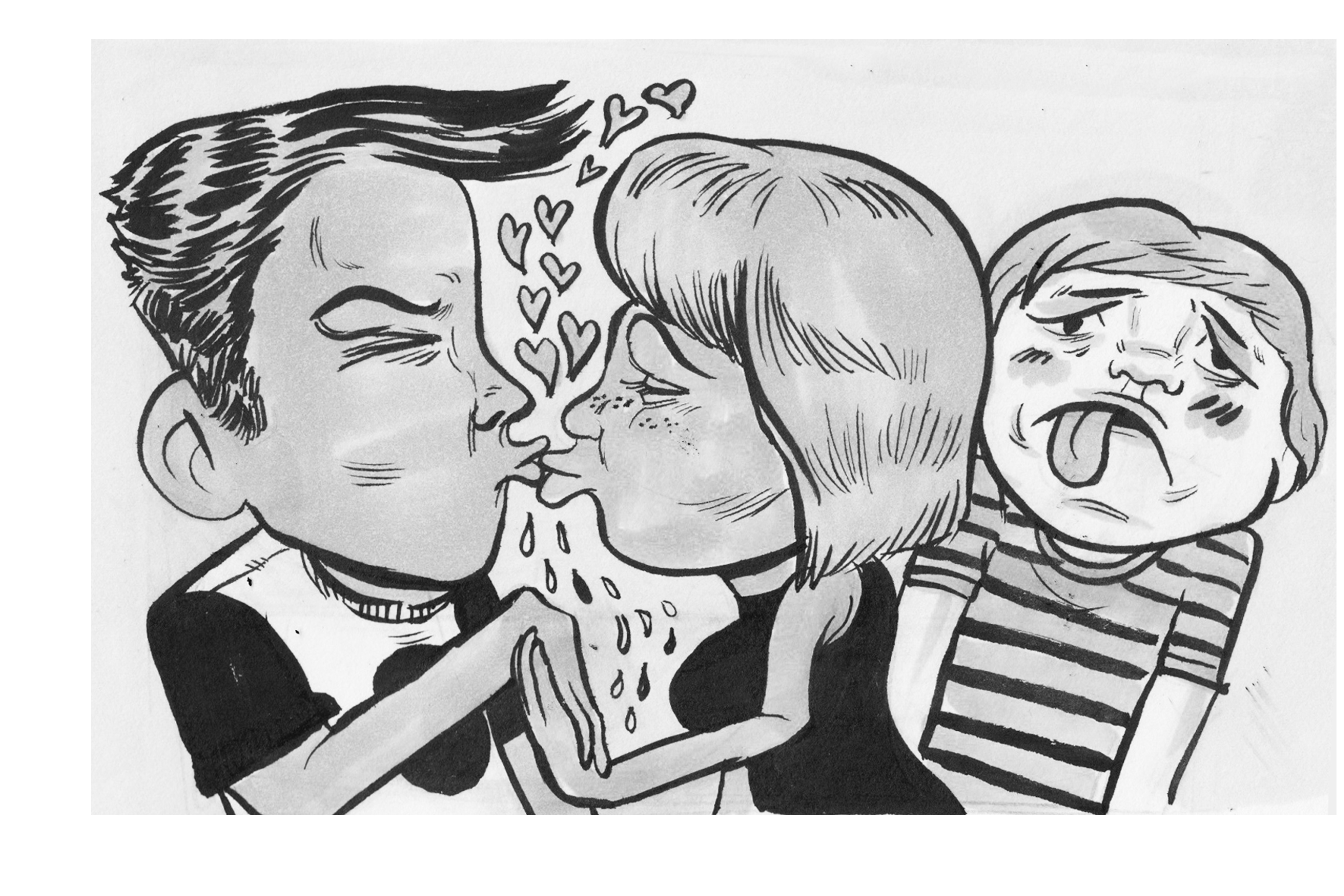

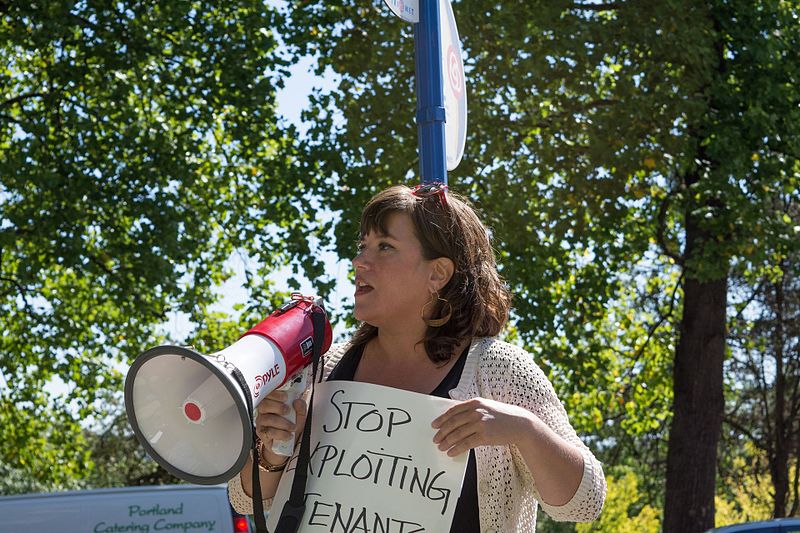
bruh